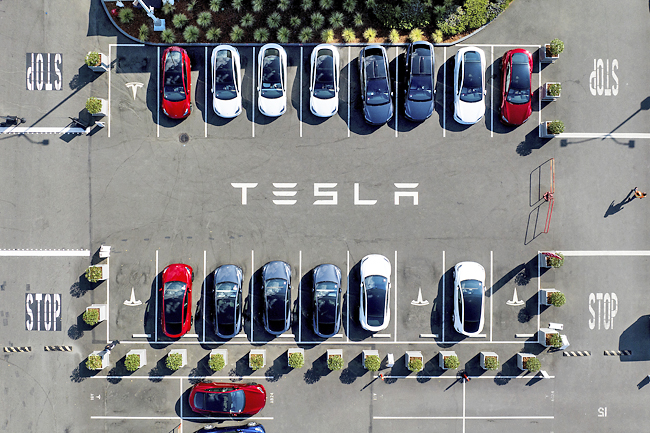WASHINGTON (THE WASHINGTON POST) – Tesla this week agreed to issue a remote update to 2 million cars aimed at improving driver attention while Autopilot is engaged, especially on surface roads with cross traffic and other hazards the driver-assistance technology is not designed to detect.
But the recall – the largest in Tesla’s 20-year history – quickly drew condemnation from experts and lawmakers, who said new warnings and alerts are unlikely to solve Autopilot’s fundamental flaw: that Tesla fails to limit where drivers can turn it on in the first place.
“What a missed opportunity,” said Matthew Wansley, a professor at the Cardozo School of Law in New York who specializes in emerging automotive technologies. “I have yet to see Tesla, or anyone defending Tesla, come up with an argument for why we should be letting people use [Autopilot] on roads that could have cross traffic. That’s how a lot of these crashes are happening.”
“It’s far from sufficient,” added Senator Richard Blumenthal, a frequent Tesla critic.
The recall comes more than two years after the National Highway Traffic Safety Administration (NHTSA) first launched an investigation into Autopilot after a string of Teslas plowed into parked emergency vehicles. Since then, the agency said it had reviewed more than 900 crashes involving Autopilot. It found that Autopilot’s key Autosteer feature “may not” have sufficient controls to “prevent driver misuse,” including using the feature outside the controlled-access highways for which it was designed.
The notice said Tesla did not concur with the agency’s findings, though it began sending remote software updates on Tuesday, NHTSA said.
Blumenthal said regulators should have required more significant changes to the software, given its history of crashes. Days before the recall, The Washington Post published an investigation that identified eight fatal or serious crashes on roads for which Autopilot was not intended. Tesla has repeatedly acknowledged in user manuals, legal documents and communications with federal regulators that Autosteer is “intended for use on controlled-access highways” with “a centre divider, clear lane markings, and no cross traffic.”
“Relying on self-enforcement is really problematic given the company’s statements about how seriously they take the whole recall system, the comments by Elon Musk…They regard recalls as more of entertainment than enforcement,” Blumenthal said. “When a car is going to hit an obstacle or another car or go off the road or hit a barrier, there ought to be more than just voluntary compliance.”
Officials and lawmakers expressed concern that NHTSA may have been reluctant to come down harder on the automaker, which has a cultlike following among consumers and enormous influence over the country’s transition to electric vehicles – a priority for the Biden administration. However, NHTSA said its investigation into Autopilot remains open, and some Tesla critics held out hope that the recall may not be NHTSA’s final action.
In a statement, NHTSA spokeswoman Veronica Morales said, “It is now Tesla’s responsibility under the law to provide a remedy, free of charge to consumers, that fully addresses the safety defect.”
Tesla did not respond to a request for comment Friday. In a statement this week responding to The Post’s report on Autopilot crashes, Tesla said it has a “moral obligation” to continue improving its safety systems and also said that it is “morally indefensible” to not make these features available to a wider set of consumers.







